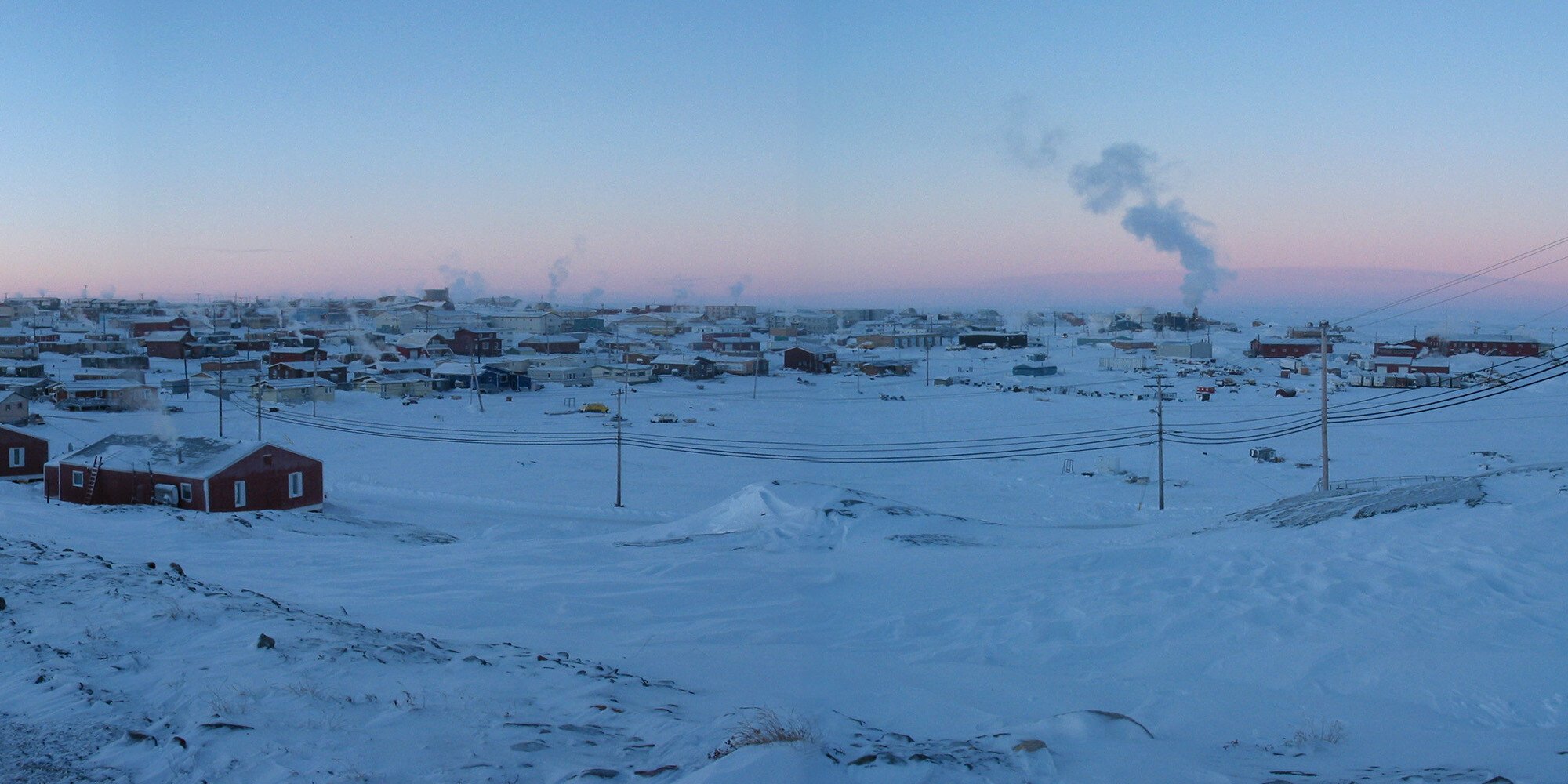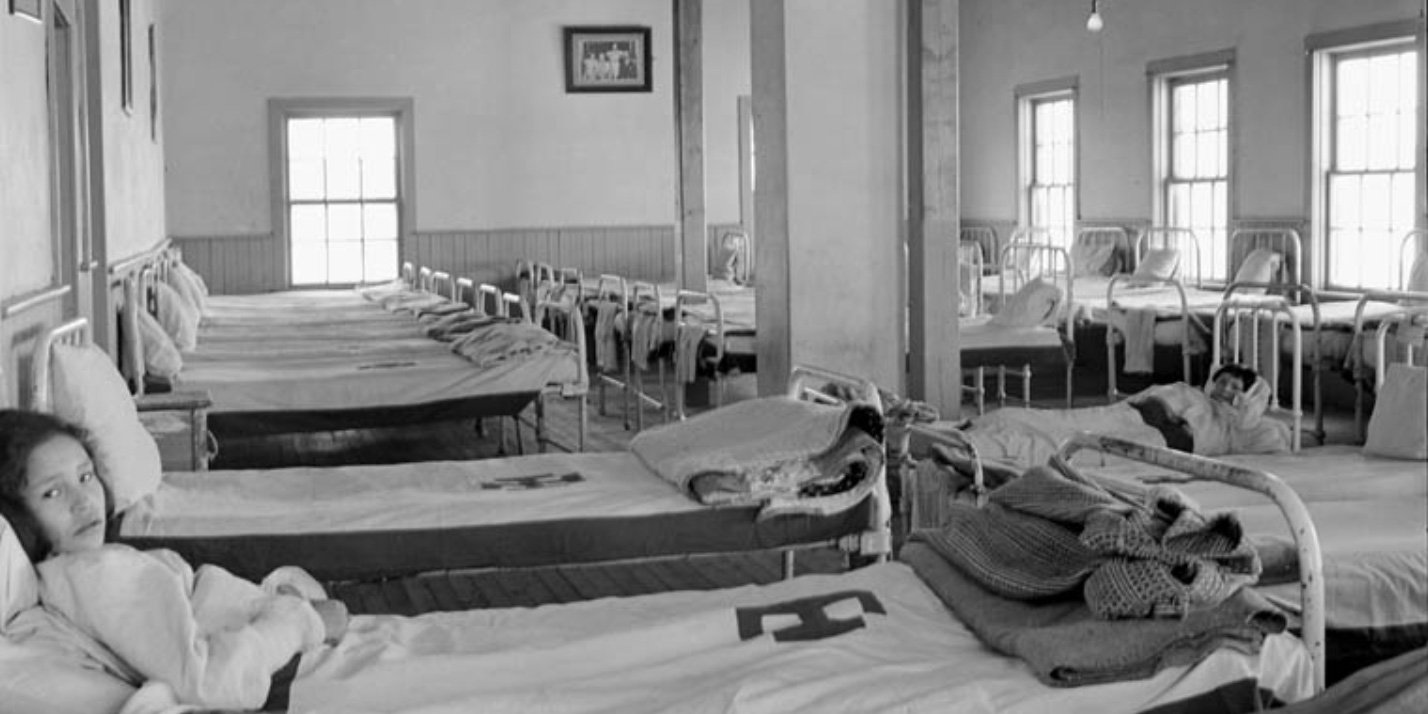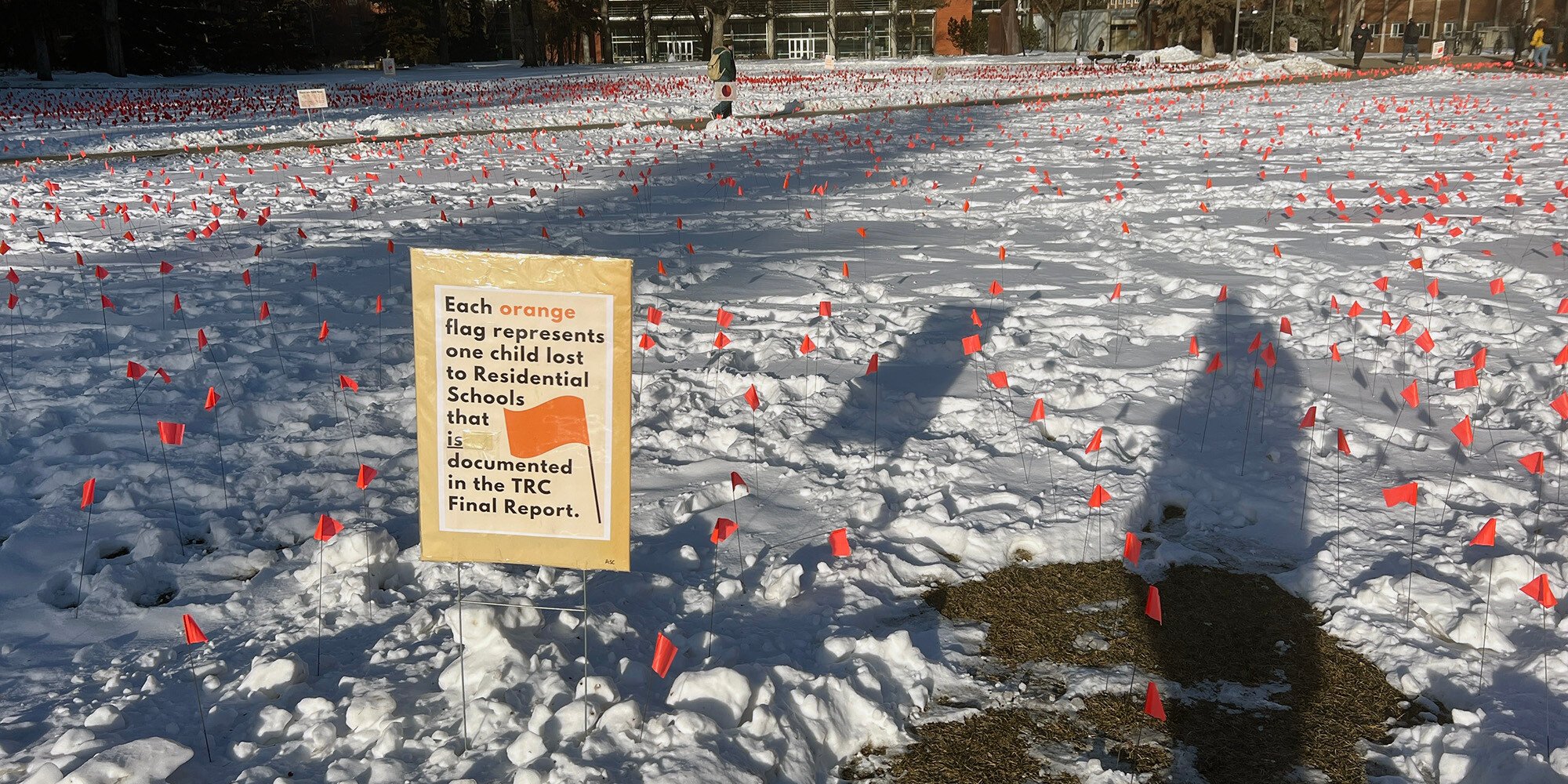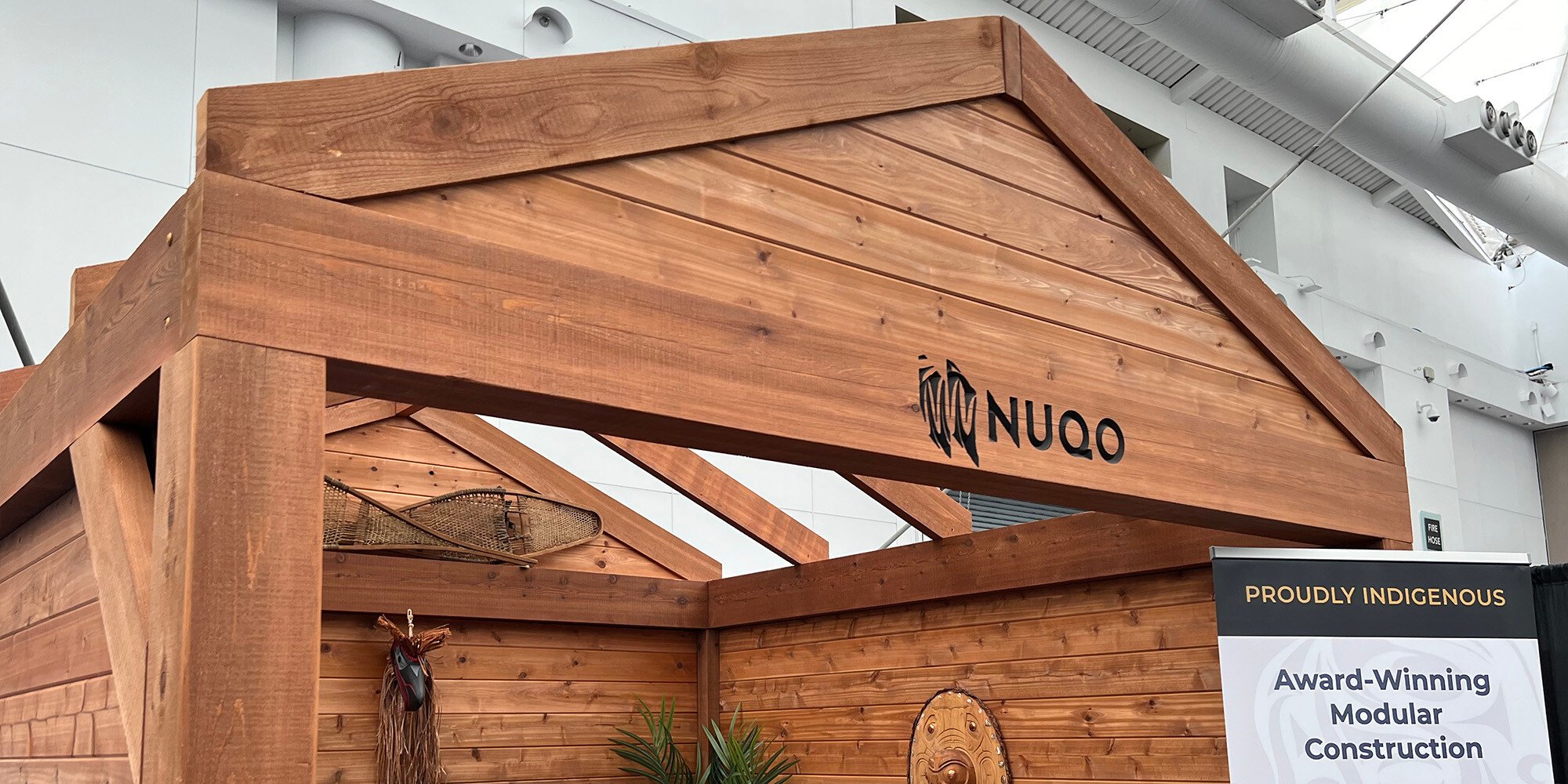Indian Residential Schools
In 1844, the Bagot Commission of the United Province of Canada recommended training students in “…as many manual labour or Industrial schools as...
4 min read
Admin September 17, 2024

Many educational programs and documents that recount the history of Indian Residential Schools in Canada will state that 1996 was the year that Canada’s last residential school (Gordon Reserve Indian Residential School, Saskatchewan) closed, which isn’t accurate for a few reasons.

The last Indian Residential School in Canada to close was Kivalliq Hall in Rankin Inlet in what is now known as the territory of Nunavut. Kavalliq Hall closed in 1997, which is an important detail to note when recounting and learning about Indigenous history.
Here we’ll explore some of the factors that explain why previous accounts of the last residential school in Canada closing in 1996 aren’t accurate due to the Indian Residential Schools Settlement Agreement or IRSSA.
The Indian Residential Schools Settlement Agreement (IRSSA) came into effect in 2007 under the Conservative Government of former Prime Minister Stephen Harper, who would make a Statement of Apology to residential school survivors the following year.
The IRSSA included a $1.8 billion fund that was intended to help residential school survivors in their healing journeys. The funding was intended to support:
The IRSSA also had funds set aside to support other healing initiatives such as the Indian Residential Schools Resolution Health Support Program and an endowment to the Aboriginal Healing Foundation and other commemorative activities.
With the establishment of the IRSSA also came qualifiers to determine what schools within Canada were residential schools and who was eligible to apply for funds as survivors. Generally, Federal Indian Day Schools or Federal Day Schools that were funded, managed, and controlled were those that qualified.
Since the establishment of the IRSSA, there have been requests for 1,531 distinct institutions to be added to the IRSSA, but until 2019, the number of IRSSA-recognized institutions was only 139.
The application to apply for the Common Experience Payment (CEP) closed in 2012, but in 2019, it was re-opened when former students won a court battle to have Kivalliq Hall recognized under the IRSSA. It’s estimated that 225 students lived in this residential school between 1986 and 1997 when it officially closed.
The addition of Kivalliq Hall brought the number of IRSSA-recognized institutions to 140.
In 2020, the National Centre for Truth and Reconciliation published a report that documented the settlement process under the IRSSA as “obscene”, which led to retraumatization for many. This retraumatization sadly led to alcoholism, substance use disorders, and in some cases death by suicide.
The process to apply for IRSSA funds was complicated, often requiring legal support, and documented accounts to “prove” any damage inflicted on survivors by residential schools.
In 2020, Terri Brown, who was chair of the National Centre for Truth and Reconciliation’s survivors circle and chief of Tahltan First Nation in British Columbia recounted her experience of applying for funding with the assistance of a lawyer to the CBC.
"He said because I didn't speak to anybody about this issue at the school that my claim wouldn't have any strength and he wouldn't take my claim," she said. "Who would I tell? I was 10 years old ... I didn't even know what was happening was actually wrong."
Many claimants to the IRSSA were rejected and felt that they were “brushed off” by the legal system, with the whole process lacking cultural sensitivity, underscoring the importance of effective training programs for those working with Indigenous peoples.
Another criticism of the IRSSA is that it was limited to federally-funded schools and Métis people were left out of the compensation process, despite many Métis children being forced to attend federally-funded residential schools.
It should be noted; however, that the IRSSA funding did help many survivors move forward in their healing. For instance, one survivor reported that she used her IRSSA payment to buy a home and host community events that commemorated the history of residential schools, including workshops, drum groups, talking circles, and sweat lodges.
The IRSSA was a result of one of the largest class-action settlements in Canada’s history and has since been followed by other class-action lawsuits between Indigenous communities seeking reparations for the historical damages inflicted through forced assimilation by Canada’s government.
Knowing that the IRSSA in some cases retraumatized residential school survivors creates an uncomfortable paradox when exploring the history of relations between Indigenous peoples and Canada.
In a paradox, two or more seemingly conflicting or contradictory things can be true at the same time. The IRSSA was a notably flawed process that caused additional damage to survivors, while also setting the qualifiers for a notable date change to revise our understanding of Indigenous history.
There is a common saying: “What a difference a year makes.” Every single year that residential schools operated in Canada is significant and important to recognize as we take into account how residential schools are part of Canada’s not-too-distant past that continues to hold consequences of intergenerational trauma within many Indigenous families and communities.
References:
Gaudry, Adam, et al. "Métis Experiences at Residential School." The Canadian Encyclopedia, 7 Oct. 2021.
Government of Canada. Crown-Indigenous Relations and Northern Affairs Canada. Indian Residential Schools. 24 Feb. 2021.
Government of Canada. Crown-Indigenous Relations and Northern Affairs Canada. Residential School Locations. 11 June 2021.
"Indian Day Schools Survivors Settlement." Aboriginal Legal Aid in BC.
Puxley, Chinta. “Residential School Survivors Losing Faith in Compensation Process, Advocates Say.” CBC News, 14 Feb. 2020.
“Residential School Band Wins $2.8 Billion Settlement in Class Action.” CBC News, 21 Jan. 2023.
“Residential School Mass Grave in Kamloops: What We Know.” CBC News, 31 May 2021.
Ootoova, Kent Driscoll. “Former Students of Kivalliq Hall Eligible for Residential School Settlement.” APTN News, 23 Mar. 2023.
Featured photo: Rankin Inlet. Photo: Shawn, Flickr

In 1844, the Bagot Commission of the United Province of Canada recommended training students in “…as many manual labour or Industrial schools as...

There isn’t a single public school in Canada or in the United States that features a graveyard out back next to the football field. [1] Grand...

In 2025, it will be a decade since the release of the Truth and Reconciliation Commission (TRC) Summary Report (June 2015) on the horrific...